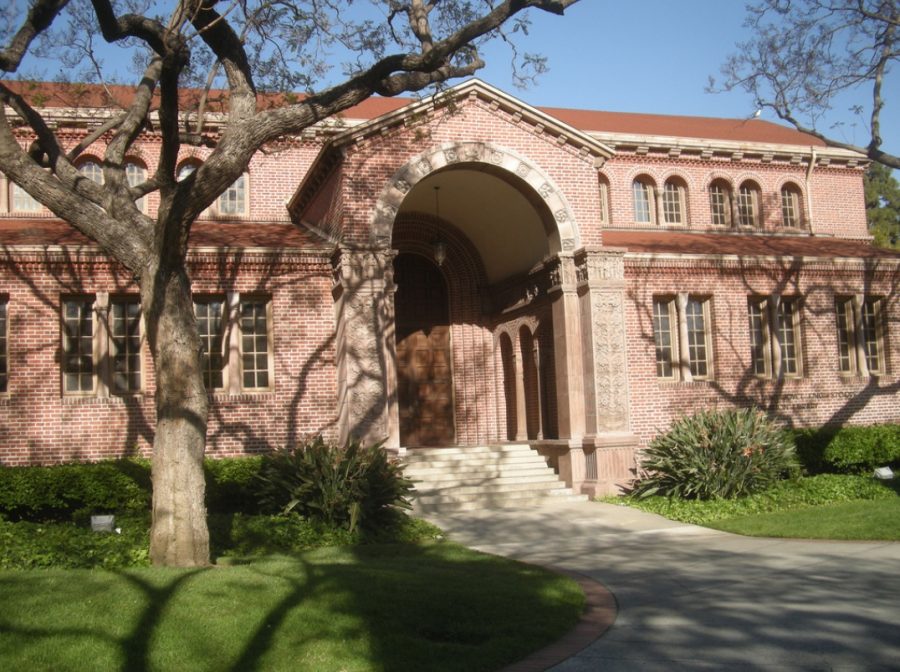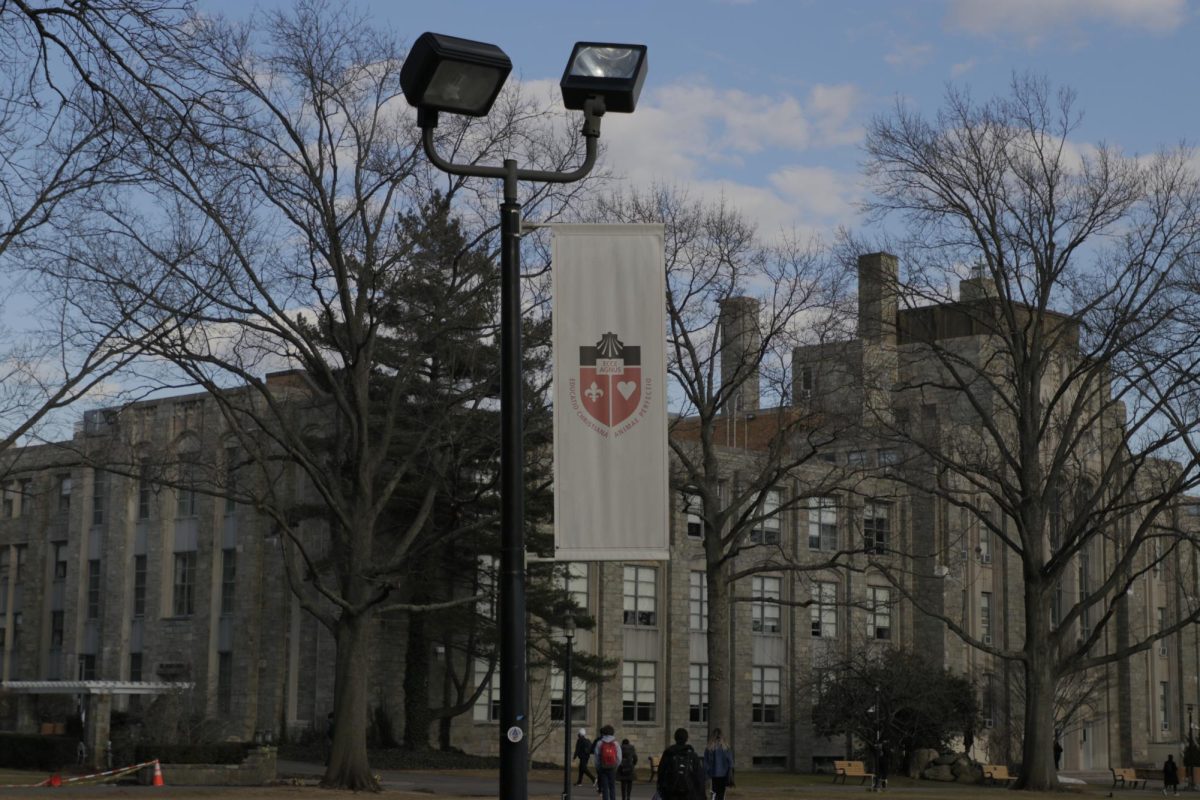Earlier this month, dozens of Hollywood stars, top business leaders and other elites who make up the top one percent of wealth distribution in America were charged for participating in a college admissions scandal. Millions of dollars were spent in order to grant their children admission into top undergraduate programs at Yale, Stanford, the University of Southern California and other big name schools, according to the New York Times. In addition to paying off colleges for admission, these bribes were used to better their children’s standardized test scores and forge essays to submit to the college admissions board.
As a college student who suffered through months of SAT prep classes and worked tirelessly for my transcript to be good enough to get into college, this scandal deeply angers me. However, it does not surprise me.
Last semester, I became aware that colleges are more or less run like a business, and they have changed over the recent decades in order to gain profit for themselves by minimizing how they expend their funds. One of my professors gave me insight into this phenomenon by describing why so many adjunct professors are being hired: Colleges do not want to pay for full time professors — instead preferring to optimize profit from tuition dollars.
Revisiting this information has made me realize that it is not surprising for colleges to take bribes and donations in return for an acceptance. I find it appalling that this is something that happens often in colleges, and as a prospective law student, I have become paranoid about how this practice will impact my admissions process.
I have been studying for the LSAT for months, have kept my grades up to par and have made a detailed list of the law schools that I am pursuing. It horrifies me that despite all of the work I have done for the past year, it is possible for another student to gain admission over me just because of who their parents are and how much money they have. Not only do I find this offensive to the students who work hard and deserve admission into top schools, but I find it a disservice to our country’s future.
If the quality of one’s education and opportunities is dictated by wealth, then what are the future leaders of our country going to look like? If our future lawyers, doctors, politicians and other leaders are basically buying their qualifications, then how much do they really value the ideologies that are the foundation of those careers that are based on upholding morals and serving others?
I hope that our top universities reevaluate their priorities so our country will have educated leaders who have strong morals, value education and work ethic.








